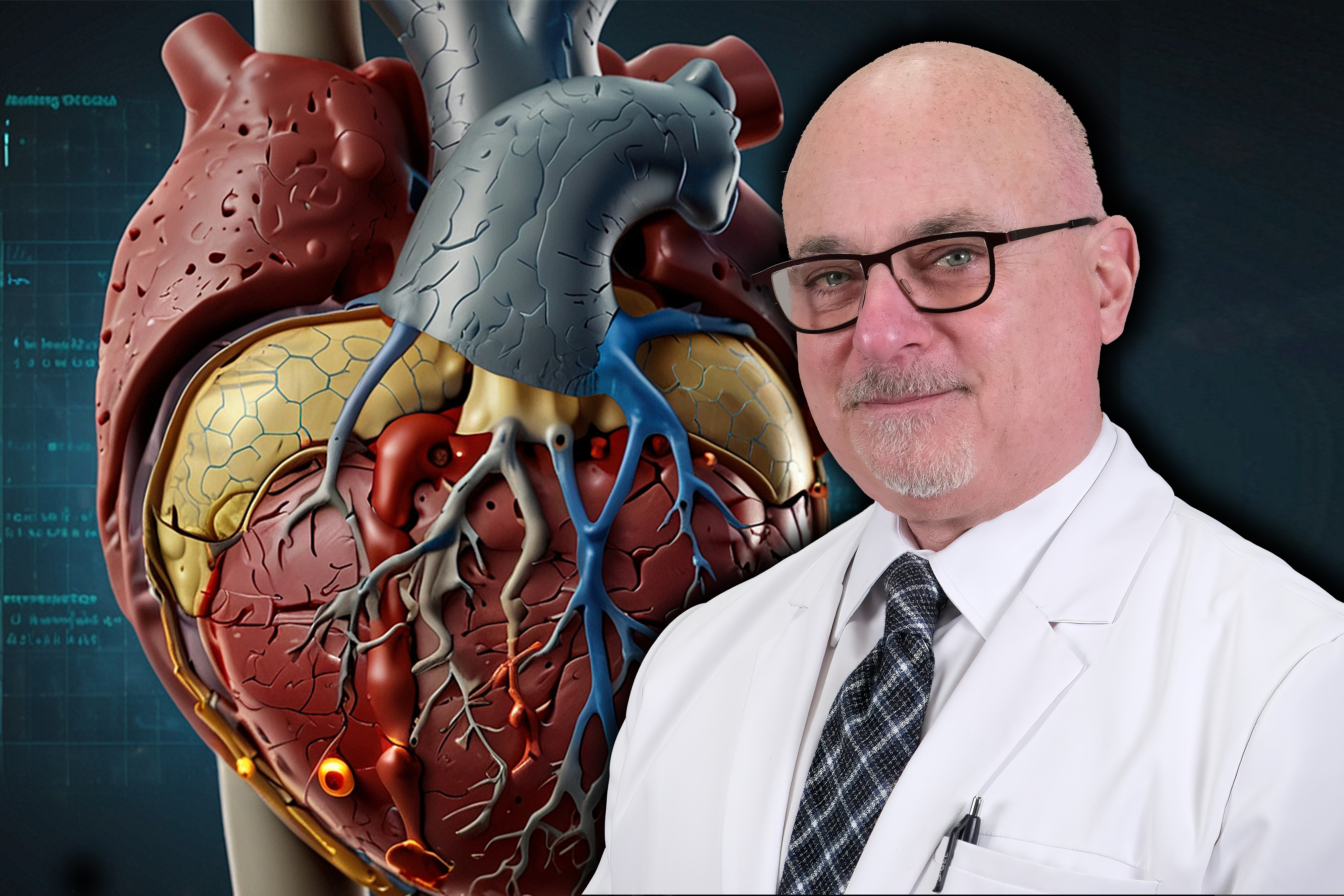Many of us may not be familiar with the term endocarditis but, as Dr. Rick Pumill, renowned Cardiologist, explains, it refers to a heart or heart valve infection - a condition that can be quite catastrophic if not diagnosed and treated promptly. While many medical sites cover the basics of this condition, this article will delve into the unseen depths, offering a unique perspective by involving comprehensive statistics and other vital information.
Endocarditis, in scientific parlance, refers to a condition where bacteria enter the bloodstream and adhere to the heart valves, leading to an infection. It can occur post-heart surgery, post-dental work, colonoscopies, or even through infected wounds. Intravenous drug users are also at risk, often succumbing to tricuspid valve infections.
An intriguing study by the American Journal of Epidemiology found that the incidence rates of Infective Endocarditis have been steadily increasing, with estimates reflecting a rise from 11.6 cases per 100,000 person-years in 2000 to 15 cases per 100,000 person-years in 2011. These statistics paint a worrisome picture, indicating the critical need for increased awareness and proactive measures.
Notably, patients with underlying conditions like rheumatic heart disease, featuring calcified heart valves, are at higher risk. Hence, the administration of antibiotic prophylaxis before procedures like dental cleanings or colonoscopies can be a game-changer for these individuals. In fact, Dr. Pumill advocates for increased discretion in such cases, leaning towards the idea of prescribing prophylactic antibiotics, like amoxicillin or clindamycin for penicillin-allergic patients, to potentially prevent any crippling heart valve infections.
Delving into the clinical manifestations of endocarditis, it is vital to remember that early recognition can pave the way towards successful treatment. Symptoms like fever, chills, night sweats, and shortness of breath, while commonplace, should not be ignored. Emergent situations with embolization causing sudden, severe symptoms also bear the hallmark of endocarditis.
While comprehensive knowledge about endocarditis is crucial, Dr. Pumill emphasizes that early intervention and effective management strategies are paramount. His commitment towards patient education about the disease, proactive measures, and efficient therapeutic approaches align with the ethos of Cross County Cardiology, transforming cardiac care one patient at a time.
In summary, endocarditis is a condition that warrants collective attention from individuals and healthcare personnel alike. Greater awareness, early detection, and immediate treatment are the keys to curbing its insidious effects, and Cross-County Cardiology is at the forefront, guiding their patients towards optimum cardiac health.



